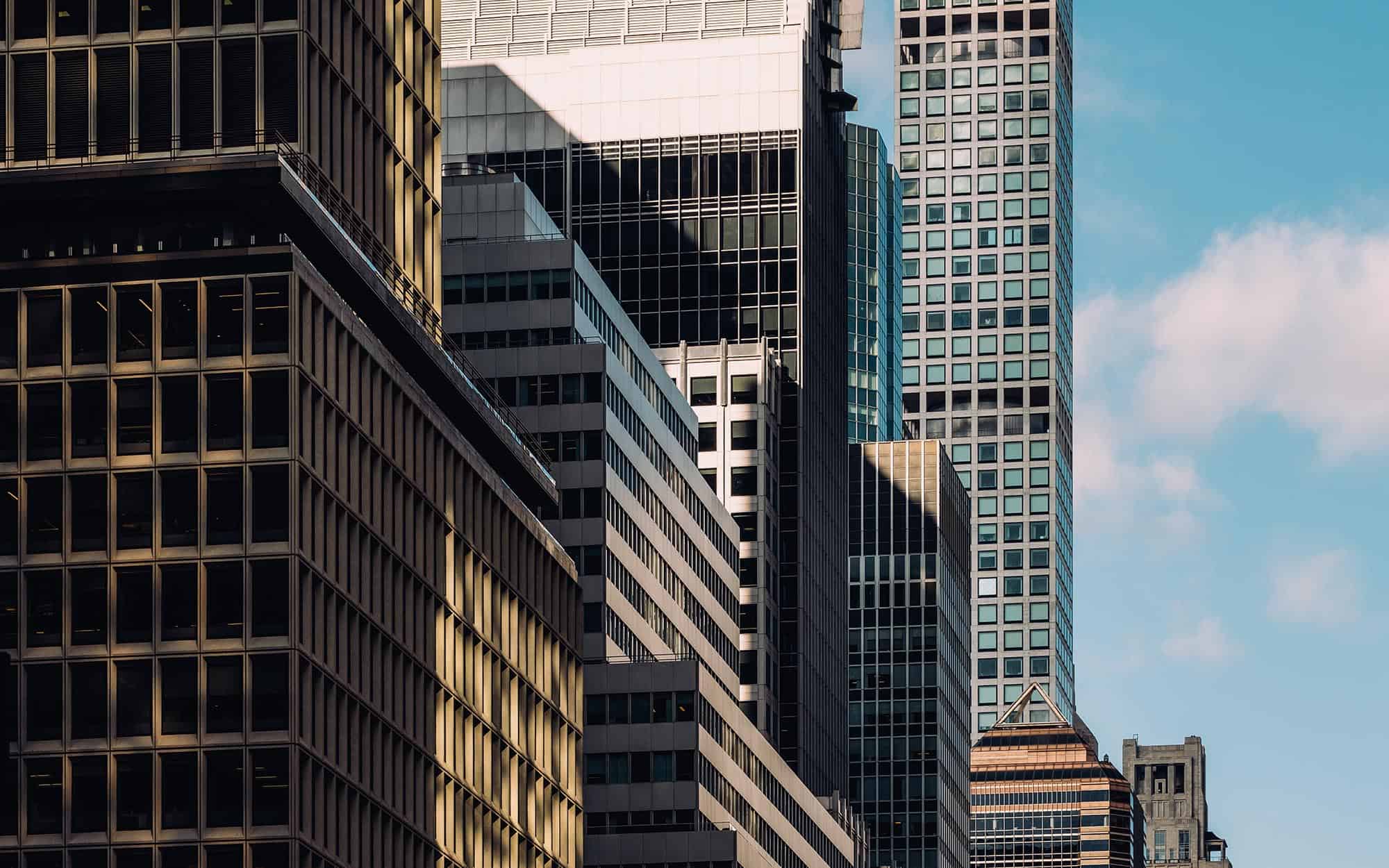
What Is Local Law 87 in New York?
Local Law 87 (NYC LL87) is an energy efficiency measure that requires buildings larger than 50,000 gross square feet to undergo regular energy audits and retro-commissioning actions as part of the Greener, Greater Buildings Plan (GGBP). The GGBP is designed to proactively address energy waste in existing buildings, particularly in larger structures contributing to a more significant proportion of New York City’s total energy use.
More extensive facilities typically have more sophisticated management and more financial and technical resources compared to smaller buildings. The GGBP and Local Law 87 aim to enact energy-saving measures, such as the use of energy-efficient appliances in more significant structures throughout New York City. Ultimately, the goal is to ensure critical decision-makers have access to vital information to understand energy use and pursue energy efficiency measures.
Achieving Energy Efficiency
To accomplish this goal, Local Law 87 in New York requires regular energy audits in surveys and analyses of energy use and retro-commissioning by a professional engineer. Retro-commissioning is the process of ensuring optimal equipment installation, performance, and maintenance.
Along with benchmarking annual energy and water consumption, these energy audits and retro-commissioning reports aim to give building owners a much more robust understanding of their buildings’ performance and eventually shift market norms toward increasingly efficient, high-performing buildings.
To learn if and how Local Law 87 affects you and your business, you must:
- Determine if your building requires NYC LL87 compliance and what year it is due.
- Conduct an LL87 energy audit and retro-commissioning of base building systems and file an Energy Efficiency Report (EER) electronically.
- Submit your EER once every 10 years to the city by December 31. Due to the COVID-19 pandemic, you may submit a Local Law 87 submission extension.
Who Needs To Comply?
If you’re a property owner, you first need to determine whether you fall under the mandates of LL87 energy audits. You’re required to comply with NYC LL87 if you have a Covered Building, which means one or more of the following:
- Buildings over 50,000 square feet
- Two or more buildings on the same tax lot together exceed 100,000 gross square feet
- Two or more buildings held in the condominium form of ownership that is governed by the same board of managers and together exceed 100,000 gross square feet
What Systems Are Audited?
Local Law 87 mandates the following building systems are subject to inspection and auditing:
- The building envelope
- HVAC (heating ventilation and air conditioning) systems
- Conveying systems
- Domestic hot water systems
- Electrical and lighting systems
Suppose your building falls under the authority of Local Law 87. In that case, you must submit Energy Efficiency Reports (EER) to the New York City Department of Buildings by December 31 of the year they are due (once every 10 calendar years). The chart on this page can help you determine which year your first EER is due.
EERs must include information on the following:
- Basic team information
- General building information
- Existing equipment inventory
- Energy end-use breakdown
- Energy conservation measures identified from the audit
- Retro-commissioning measures
What Systems are Exempt?
Local Law 87 in New York does allow for some exemptions, including:
- Buildings labeled Energy Star by the EPA for at least two of the three years before report delivery deadline
- LEED-certified by the US Green Building Council
- Validation from an NYC Registered Design Professional attesting to the performance of your building is at least 25% more efficient than like-buildings according to LEED standards
Retro-commissioning exemptions are only available for buildings certified as LEED standard bearing within the two years before report delivery. They must also undergo commissioning investigation and analysis along with commissioning implementation.
How React Can Help
Whether you aren’t sure if you need to comply with Local Law 87 or need help assembling and submitting your EER, React is here to help. If you have any more q